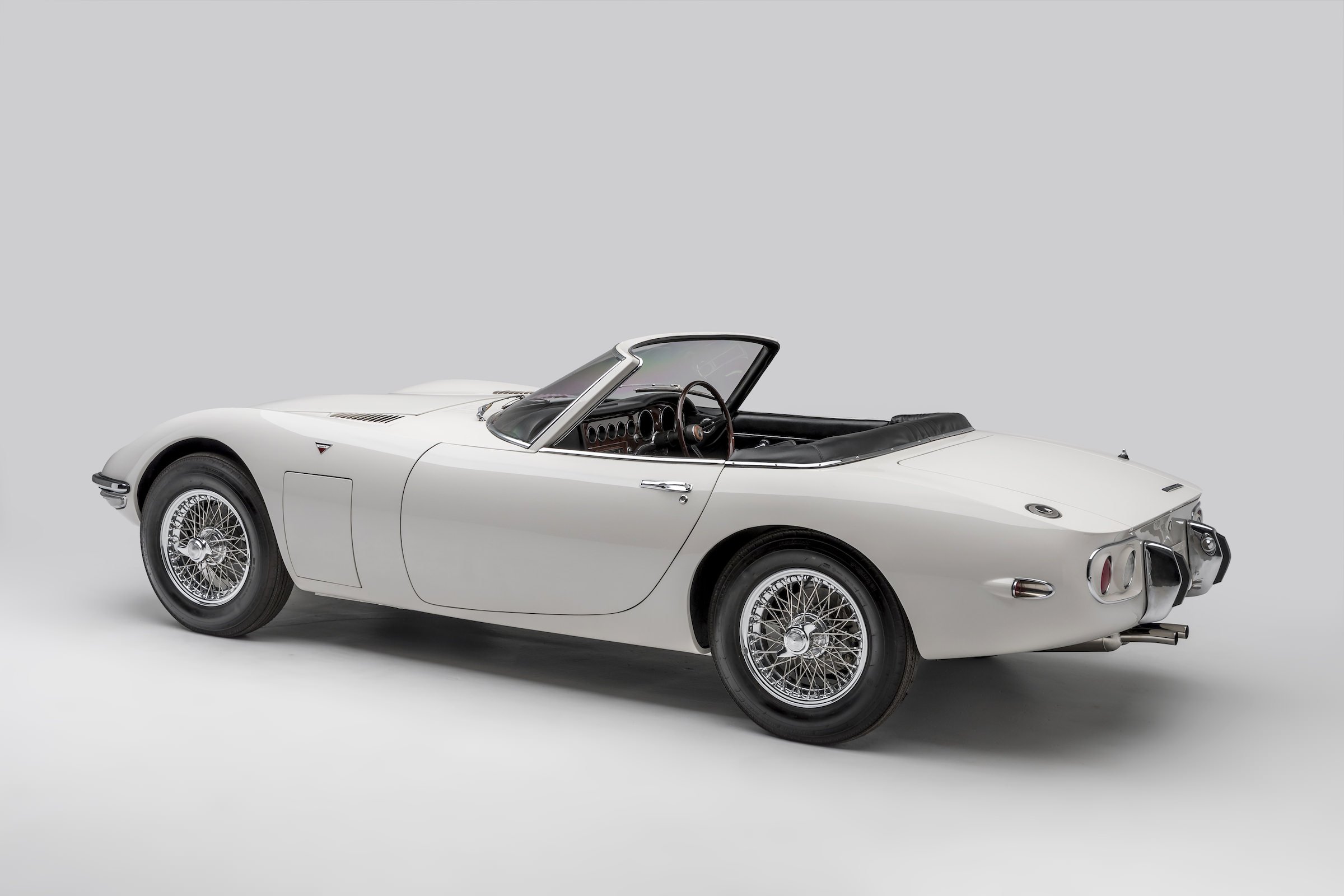Ha ha, Winnie, but that was actually the Type 94 Nambu pistol.winnie_the_pooh wrote: ↑Fri Aug 19, 2022 7:32 amIsn't that the 'Japanese Special' that was introduced towards the end of World War II? Very accurate firearm.
A lot of talk surrounds this pistol, chiefly along the lines of "Japanese Junk," something that was very commonly mentioned when I was a kid. As Ian explains in the video, this wasn't true regarding the pistol, although the Type 94 Nambu wasn't the greatest pistol ever made, and is certainly is ugly!
Certainly not everything Japan made was junk, and today we see rifles from Weatherby, Browning, and Winchester (to name a few) being made in Japan. (The following pictures can be clicked to enlarge them.)
I also like the Type 38 Arisaka rifle:

The Japanese A6M "Zero " fighter was the best carrier fighter when introduced, and remained a competent weapon in the hands of a skilled pilot to the end of the war. It was an engineering tour de force and quite innovative, taking advantage of Japan's industrial state to maximum effect. It was not without faults, but it was a very good aircraft.

Imperial Japanese Navy cruisers suffered from being designed to nearly impossible requirements. They were expected to exhibit individual superiority over the cruiser types from any other nation, so they did experience problems. But by the time the last pair were built, the Tone class, they really did produce a very good cruiser, and the Tone is a favorite of mine, being one of the last Japanese cruisers afloat. The seemingly odd all-forward arrangement of the main battery seems odd, but one must recall that in the days before radar, scouting for the battlefleet was a primary mission for cruisers, and this design allowed the entire aft of the class to be devoted to seaplane scouts.

One of the most spectacular achievements of Japanese industry were Japanese optics. Germany was long considered to be the home of high quality optics, but it wasn't until relatively recently, after Japanese cameras dominated the photography market, that many realized that the Japanese had a long history of high quality optics. In fact, The Japanese Mark 1 eyeball, when coupled with their legendary binoculars, proved superior to US Navy radar in naval battles around Guadalcanal more than once:

These binoculars go for high prices today.
Finally, there were the famous pair of Toyota 2000 GT roadsters specially made by Toyota from 2000 GT coupes for the 007 movie, "You Only Live Twice." Bond movies were famous for featuring exotic things from around the world (before they became cheap psychological knockoffs of Bourne movies) and "You Only Live Twice" from 1967 set out to display Japan as not being the same country as it was 20 years earlier. A mix of high technology and these exotic cars were an effort toward the purpose of showing something unexpectedly exotic:




